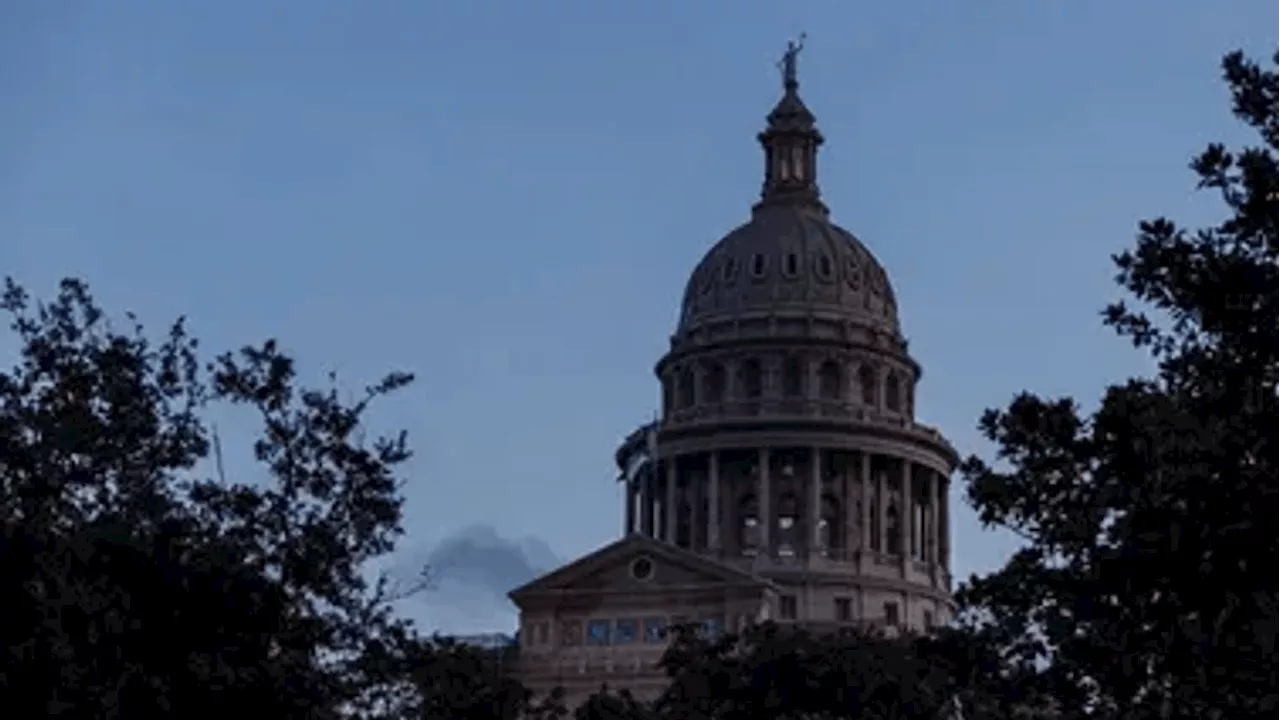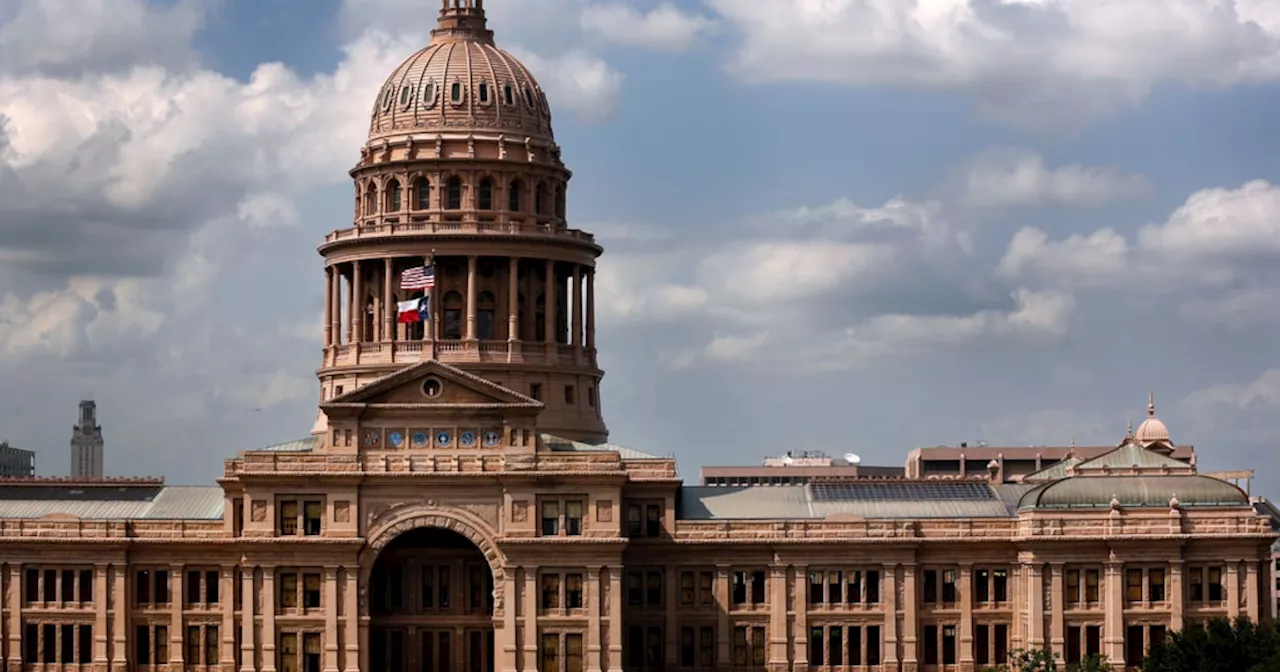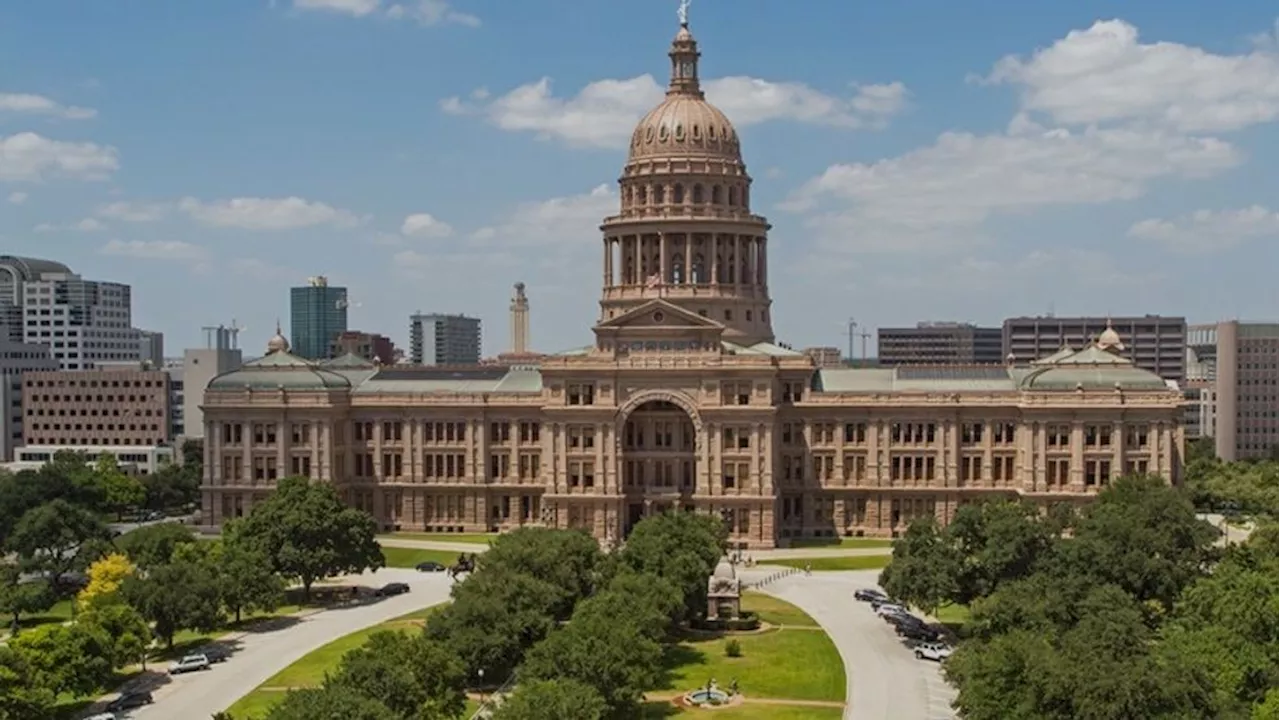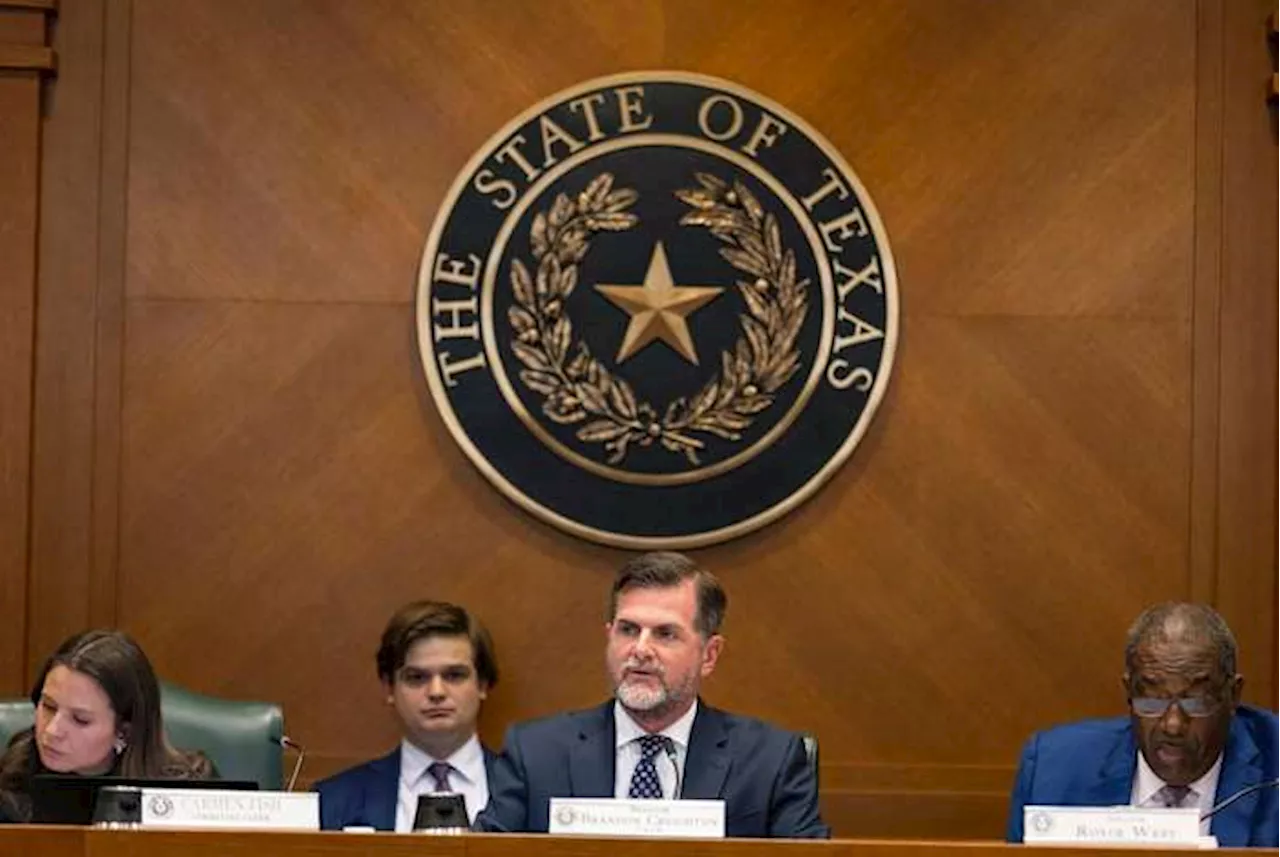Under Senate Bill 2, families whose income is 500% at or below the federal poverty level would be considered a low-income household. Democrats say the roof is too high.
‘He hit my client’: Man waiting to get tattoo hospitalized after car crashes into building in W. Houston
Any child eligible to attend or already attending a public school could apply to the program proposed by the Senate, as well as those enrolled in a public school’s pre-K program. Families with children already attending private schools could also participate. Using a lottery system, the bill would prioritize students in low-income households and children with disabilities if demand for the savings accounts exceeds the funding available.
They took issue with how the proposal considers a family “low income” if its total annual income sits at or below 500% of the federal poverty level — a number far above theThe bill says organizations that help the state run the program would have to notify parents that private schools do not have to follow federal and state laws regarding special education that public schools must abide by, such as the, or IDEA.
Creighton said only examining recent demographic data of voucher-like programs may not provide an accurate picture of who they benefit because some of those programs have existed for decades. Addressing concerns about the bill’s definition of a low-income household, the education committee chair said the 500% threshold would include people who play essential roles in their communities while raising their families.
Politics Public Education Texas Legislature Texas Senate School Choice
United States Latest News, United States Headlines
Similar News:You can also read news stories similar to this one that we have collected from other news sources.
 Texas Senate Passes Bill for Education Savings Accounts, Empowering Parents to Choose Private SchoolsThe Texas Senate has passed a bill to create an education savings accounts program, a major victory for Governor Greg Abbott and school voucher advocates. The program would allocate taxpayer dollars to fund private school tuition and other educational expenses for eligible students. The bill prioritizes low-income families and children with disabilities, but opponents argue it will divert funding from public schools and may not benefit these students adequately.
Texas Senate Passes Bill for Education Savings Accounts, Empowering Parents to Choose Private SchoolsThe Texas Senate has passed a bill to create an education savings accounts program, a major victory for Governor Greg Abbott and school voucher advocates. The program would allocate taxpayer dollars to fund private school tuition and other educational expenses for eligible students. The bill prioritizes low-income families and children with disabilities, but opponents argue it will divert funding from public schools and may not benefit these students adequately.
Read more »
 Texas Senate Passes School Choice Bill, Providing $10,000 for Private School TuitionThe Texas Senate has passed a bill creating education savings accounts (ESAs) that would provide families $10,000 per year for private school tuition, or $11,500 for students with disabilities. This measure, a top priority for Gov. Greg Abbott, aims to expand school choice options for Texas families. The bill faces potential challenges in the House, with critics raising concerns about funding adequacy, accountability for private schools, and potential disparities in educational opportunities.
Texas Senate Passes School Choice Bill, Providing $10,000 for Private School TuitionThe Texas Senate has passed a bill creating education savings accounts (ESAs) that would provide families $10,000 per year for private school tuition, or $11,500 for students with disabilities. This measure, a top priority for Gov. Greg Abbott, aims to expand school choice options for Texas families. The bill faces potential challenges in the House, with critics raising concerns about funding adequacy, accountability for private schools, and potential disparities in educational opportunities.
Read more »
 Texas Senate Passes $1 Billion School Voucher BillThe Texas Senate has approved a bill that would allocate $1 billion to provide $10,000 to each student enrolled in accredited private schools. This bill, which aims to increase school choice, has faced criticism from some educators who argue that the funds could be better used within the public education system.
Texas Senate Passes $1 Billion School Voucher BillThe Texas Senate has approved a bill that would allocate $1 billion to provide $10,000 to each student enrolled in accredited private schools. This bill, which aims to increase school choice, has faced criticism from some educators who argue that the funds could be better used within the public education system.
Read more »
Texas Senate pitches expanded private school voucher billThe proposal, a priority of Gov. Greg Abbott, budgets $1 billion over the next two years to fund the private school vouchers.
Read more »
 Texas Senate begins work on school choice billThe public is invited to testify at the Capitol in Austin on voucher-style legislation allowing taxpayer money for private school education.
Texas Senate begins work on school choice billThe public is invited to testify at the Capitol in Austin on voucher-style legislation allowing taxpayer money for private school education.
Read more »
 Texas Senate Bill 2 Advances For School Choice ProgramsTexas Senator Brandon Creighton's Senate Bill 2 proposes to allocate taxpayer funds towards private schooling, offering students up to $10,000 for their education. The bill's estimated cost reaches $3.75 billion by the end of the decade, significantly surpassing previous proposals. While the bill is expected to pass the Republican-controlled Senate, the real battle lies in the House of Representatives. Democrats remain opposed, but some are focusing on mitigating the bill's potential drawbacks.
Texas Senate Bill 2 Advances For School Choice ProgramsTexas Senator Brandon Creighton's Senate Bill 2 proposes to allocate taxpayer funds towards private schooling, offering students up to $10,000 for their education. The bill's estimated cost reaches $3.75 billion by the end of the decade, significantly surpassing previous proposals. While the bill is expected to pass the Republican-controlled Senate, the real battle lies in the House of Representatives. Democrats remain opposed, but some are focusing on mitigating the bill's potential drawbacks.
Read more »
